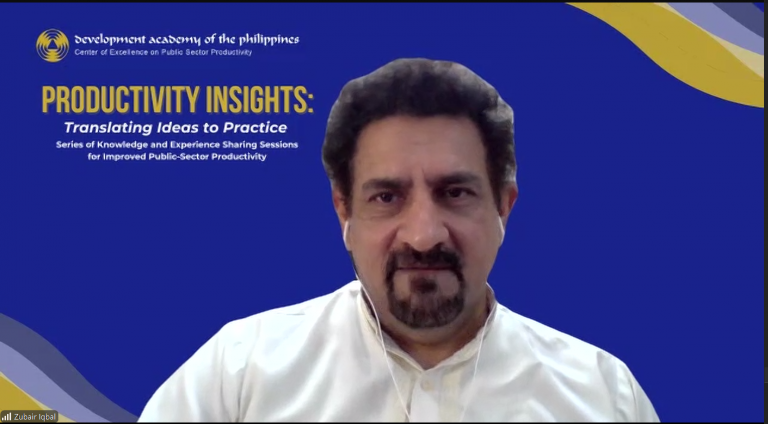About the Tool
An expanded client journey map is a visual tool for understanding and improving customer experiences, particularly in public services serving diverse client groups. Organizations can identify key touchpoints, satisfaction levels, and preferences by visualizing the customer’s journey. This information can be used to enhance service processes, improve the overall customer experience, and achieve organizational goals. Moreover, the insights gained from client journey mapping can inform strategic decision-making, leading to policies and strategies that better align with customer needs and preferences. Organizations typically synthesize information from interviews, observations, and feedback in creating a client journey map, often by asking clients to map their journeys.
Purpose: Service Design
How to Use the Tool
Estimated Time Needed: 30 minutes
Target Participants or Users: Change Managers, Service Designers
Steps
- Identify client actions and agency actions. Write the steps you have undertaken when engaging with the service provider (ex., office, apps, kiosk, or service desk). In the ‘Agency’s Action’ column, write the activity or response of the agency in guiding you throughout the process.
- Classify each step as one of the following types:
Operation: Actions where there are changes made to the products
Transportation: Products are transferred from one location and/or to another
Inspection: Products are checked for quality and quantity
Storage: Products are kept, held, and stored
Delay: The process is temporarily stopped, or steps that do not add value to the product - Identify the channel where the interaction takes place.
- Write the distance in terms of steps, meters, or kilometers.
- Write the time it takes for clients and agencies to complete a step in terms of minutes or hours. The time for clients includes waiting time.
- Identify the cost of completing each step. Include Primary Transaction Costs/Fees and Other Transaction Costs/Fees. These transaction costs are expenses a client incurred during the stage of interaction with the service or product.
- Identify the emotion the client feels at each step.
- Identify pain points clients may experience at each step. Pain points are problems or issues clients and prospective clients experience while undergoing the service or process.
- Count and write the number of steps that fall under Operation, Transportation, Inspection, Delay, and Storage. Add these to get the Total Steps of the entire process. Then, compute the total Time, Distance, and Cost.
Sample Expanded Client Journey Map



Reference:
- Design Sprints (n.d.). Crazy 8’s. https://designsprintkit.withgoogle.com/methodology/phase3-sketch/crazy-8s


















